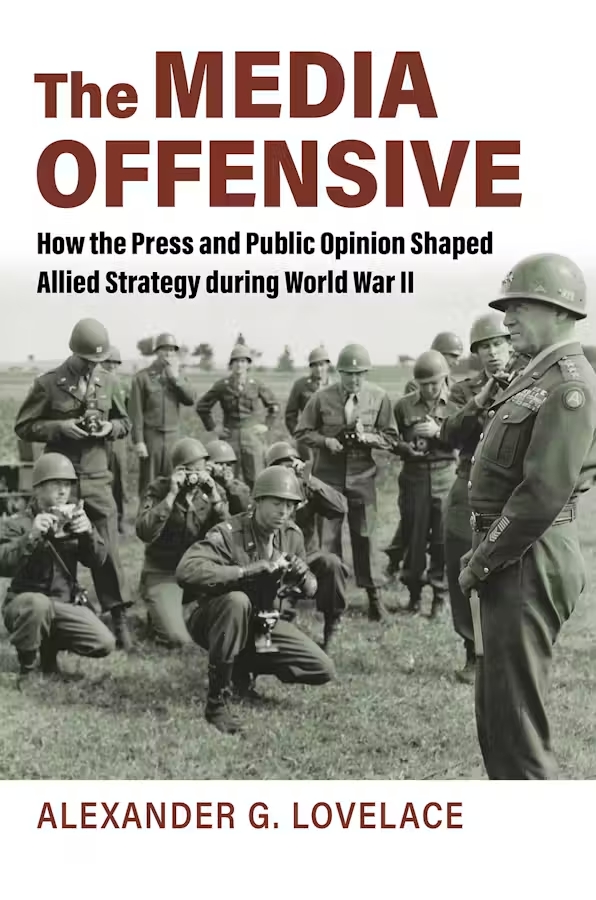Even so, the Roosevelt administration was still obsessed by the hostile press. Harold Ickes was secretary of the interior for thirteen years and was responsible for putting much of the New Deal into practice, but in 1939 he found time to write America’s House of Lords, a sprightly philippic denouncing the newspaper “Axis,” full of lurid detail about bias, suppression, and distortion, which showed that Ickes was a pretty good muckraking journalist himself. He cleverly quoted the lines, “I rather think that the influence of the American press is on the whole declining. This, I believe, is because so many newspapers are owned or influenced by reactionary interests” indifferent to “the welfare of the public”—spoken by none other than William Randolph Hearst himself in 1924.
In England the limits of the press lords’ power had already been dramatically demonstrated by their one attempt to unseat a party leader. In 1930, while Stanley Baldwin led the Tories in opposition, “Beethameer” launched a concerted attack on him, even running parliamentary candidates. He saw them off in a single speech, and with a single phrase (provided by his cousin Rudyard Kipling), denouncing the press lords for seeking “power without responsibility—the prerogative of the harlot throughout the ages.” Whatever his other difficulties, Baldwin was never again troubled by “Lord Copper and Lord Zinc,” as the two ogres of Fleet Street became in Evelyn Waugh’s Scoop.
What frustrated critics of the right-wing press are reluctant to concede is the extent to which popular papers become popular by reflecting opinion rather than directing it. From Northcliffe and Hearst on, the press lords have succeeded by tapping into sentiment—often ugly enough—that was already there. The Daily Mail beat the drum for the Boer War and then the Great War, but it didn’t cause them. In Citizen Kane, a movie plainly inspired by Hearst, there is an episode supposedly taken from Hearst’s life, when Kane sends a correspondent to Cuba to foment the 1898 Spanish-American War. The correspondent cables, “Could send you prose poems about scenery…there is no war in Cuba,” to which Kane replies, “You provide the prose poems—I’ll provide the war.” As it happens, those last words were exactly the sense that Tony Blair conveyed to John Scarlett, chairman of the British Joint Intelligence Committee, twenty years ago. Scarlett duly provided the prose poems in the form of distorted or exaggerated intelligence, and Blair provided the Iraq War, or the British contribution to it. But again, although the London press allowed itself to be manipulated by Blair, and although Murdoch warmly supported that disastrous enterprise, he didn’t start it.

